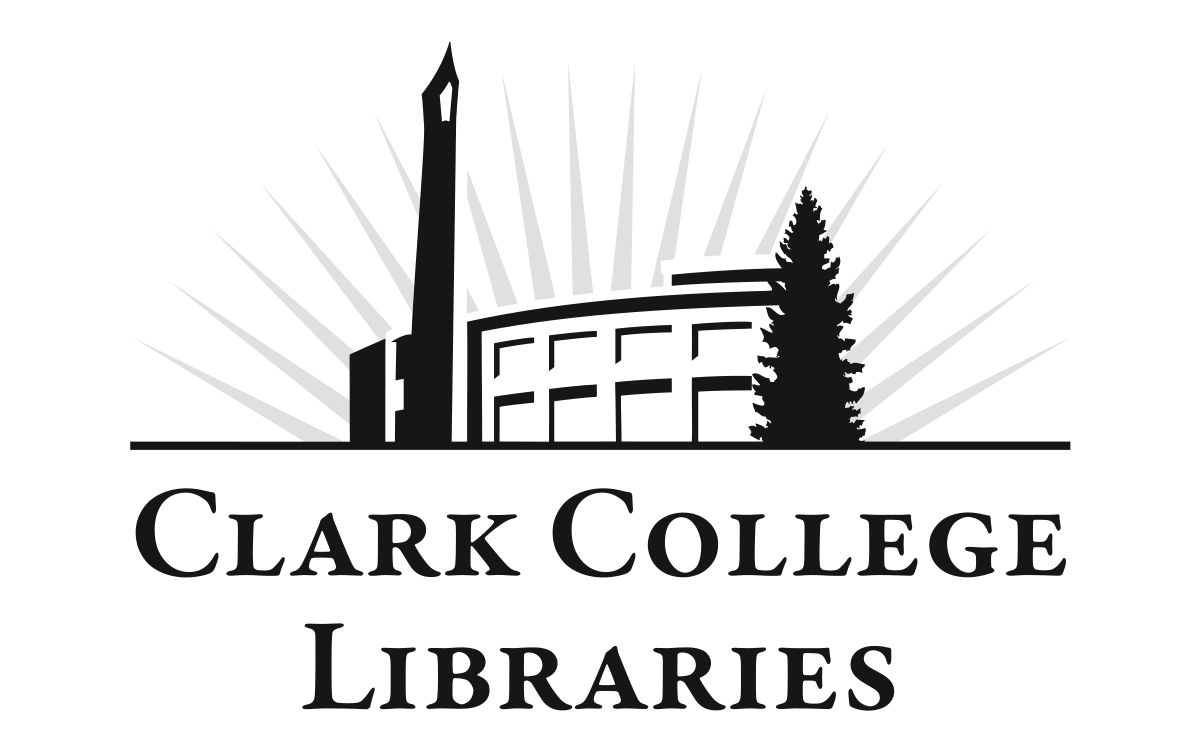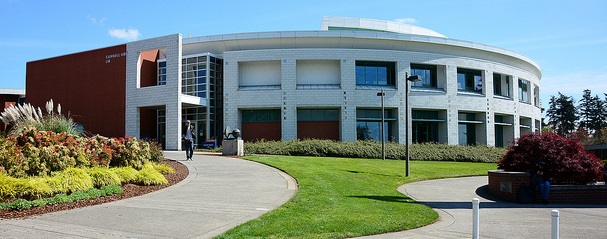Unit goal
#1 - Learners receive instruction, resources and services that promote the achievement of their academic, personal or professional goals
#2 - Meet the current and future needs of the college community via demonstrating leadership and innovation in the use of technologies
See the complete Clark College Libraries Equity-Focused Strategic Plan.
2013-2014
Time to take some snapshot assessments of the website, and look at how it's grown and developed.
Fact Sheet #1: For faculty librarians, the website serves as syllabus, lesson plan, content manager, and assessment tool. (Click the thumbnail to open pdf document.)
Fact Sheet #2: The library's web site was accessed 382,176 times during academic year 2012-2013. (Click the thumbnail to open pdf document.)
2012-13
The Website Management Committee was renamed the User Experience (UX) Committee to communicate the broader role the team would play in the review and enhancement of all online resources available through the Libraries.
The Libraries, Tutoring and Writing Center, Student Learning Center and STEM Help Centers partnered to develop new and improved schedule and information pages on the library web site. The redesigned pages now provide up-to-date information about where Clark College students can go to get free help with math, English, writing and other classes - http://library.clark.edu/?q=content/tutoring.
Digital Online Training (DOT) was developed by Reference and Instruction librarian Kitty Mackey. DOT is a set of self-paced, web-based tutorials that provide a more sustainable approach to training for staff across the Libraries, eLearning, Tutoring and Faculty Development unit.
2011-12
CGT 105 (previously GRCP 210: Interface Design and Interactivity) students provided input on the home page search box, site search and site navigation.
The Website Management Committee began developing new systems for tracking, developing and assessing the library website. Adapting Sharepoint issue tracker functionality became one way to manage updates, enhancements, and corrections to the website.
2010-11
The Website Management Committee was formed to ensure continued assessment and improvement of the website. Several tools for training and communication were developed.
Usability testing with Robert Hughes's GRCP 210: Interface Design and Interactivity classes continued. The focus of the sessions were on ease of use for common web site activities such as searching for a Summit book, locating an article in ProQuest or finding information about citing sources. The usability testing was further enhanced by the use of a screen tracking tool developed by David Stewart (a student in Clark's Computer Technology program).
2009-10
In 2009-10 Clark College Libraries began the process of developing and migrating the library website to Drupal (an open-source content management system). Each member of the Clark College Libraries lent a hand in the creation of the site. A subcommittee comprised of Pavel Popov, Radka Ballada, and Kitty Mackey kept the project on track. Robert Hughes and many of his GRCP 210: Interface Design and Interactivity classes provided input on library interfaces and performed usability testing which provided the subcommittee with insight on what works for students.



